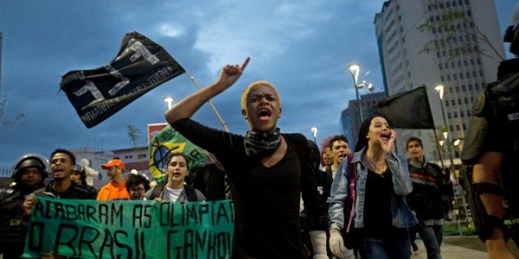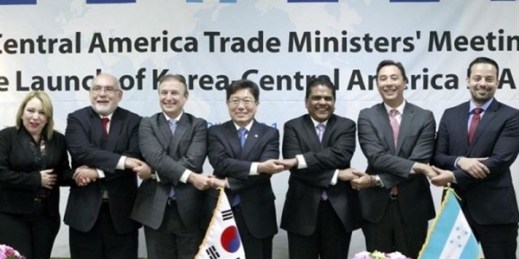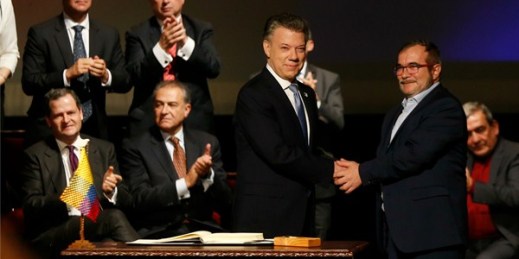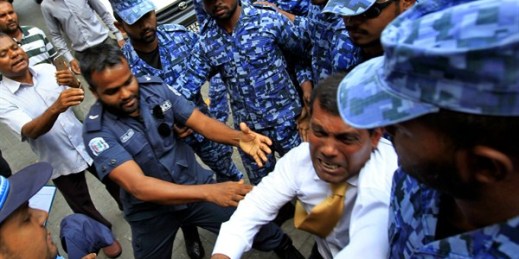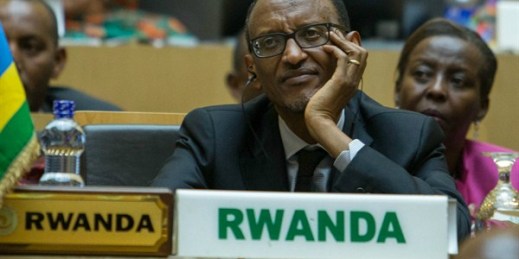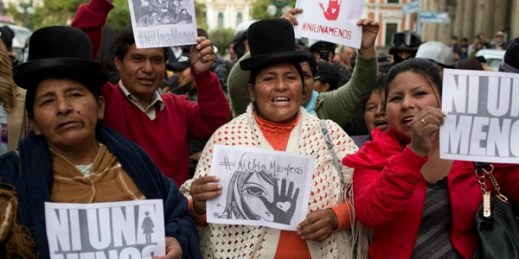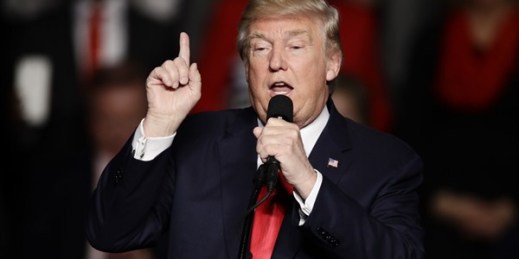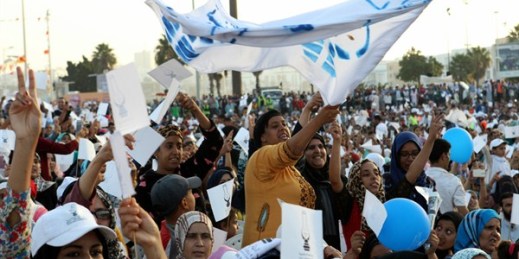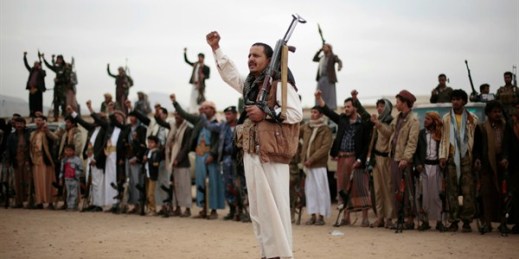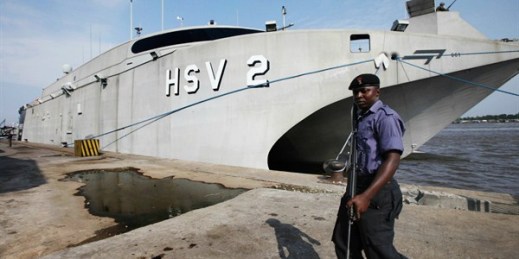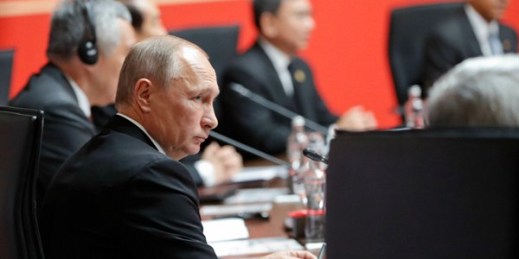
Editor’s note: This article is part of an ongoing WPR series inviting authors to identify the biggest priority—whether a threat, risk, opportunity or challenge—facing the international order and U.S. foreign policy today. Despite all the noise and attention on the threats of cyberwar, cybersecurity in the United States has gotten worse, not better. As the Russian hacking of the Democratic National Committee and interference in the U.S. election showed, leaks and other disruptions online have become new tools of state power, reflecting larger conflicts between the U.S. and its rivals. Current U.S. strategies are inadequate to respond to, much less […]

